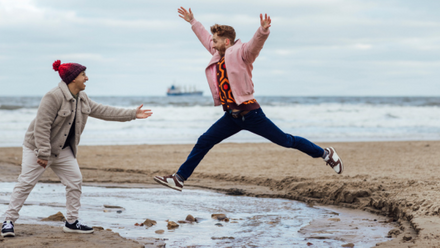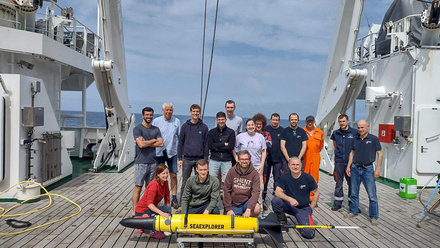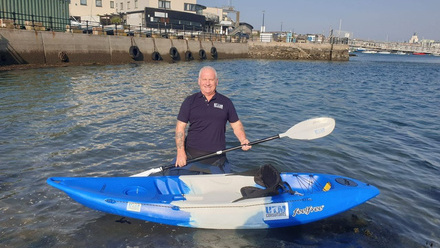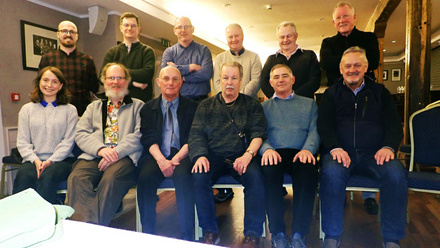IMarEST Technical and Policy Coordinator: ‘During my Master's, I had imposter syndrome’
Technical and Policy Coordinator Victoria Mentor looks back at her education, first six months at IMarEST and the excitement to come.
You’re Technical and Policy Coordinator; what does that involve?
My main role is to coordinate the Special Interest Groups [SIGs]. I help them with all their technical outputs, which can include webinars and conferences, training courses and other materials, International Maritime Organization (IMO) submissions, and engagement with other regulatory and policy forums. For example, if someone asks me, “How do I set up a technical webinar for our wider SIG membership?” I help them set that webinar up. If they say, “What's the process to submitting a paper into the IMO?” I'll explain that process and help and advise them with it.
What attracted you to this role?
I’m a marine scientist by background. I did a master's in Marine Biology and Ecology at the University of Melbourne and wanted to pursue a role in that area. I moved over to London from Australia in January [2023] and came across the job on a job site. It sounded really interesting because I’d get to work with a lot of different marine topics and SIGs, different people in all things marine science, marine engineering, and marine technology. Working across a broad mix of marine topics and learning about the different challenges across the whole of the marine sector is one of the things I really enjoy about this job.
What's the most interesting learning since you started?
The most interesting thing for me is more on the policy side. Within my role, I get to go to IMO sessions. It's interesting to watch how people communicate with each other in that big political space, and I am learning a lot about how these regulatory forums are run and how decisions are made.
What's the biggest challenge that you faced?
Working with member volunteers is a great privilege but can also be a challenge at times. Part of my job is to push for technical outputs, but volunteers have their own full-time jobs, of which I need to be considerate. I’m slowly learning how to effectively communicate and encourage our member volunteers so we can find a way to create important outputs for the sector.
Have you started any new projects?
For quite some time, IMarEST has had a Sea Your Future Initiative that is intended to give students and early career professionals a voice in the industry and help them develop their skills. This resonates with me. During my master's, I had imposter syndrome. I felt like I couldn't contribute to anything because I didn’t think I was smart enough. So, when I started, I took the lead on the Sea Your Future project to give it central coordination and direction. I’ve created a steering group of science, technology, and engineering professionals ranging from early to late careers stages to help develop some initiatives. This steering group is still very new. We’ve only had one meeting so far, and our second will be in early December. There, we are going to focus on the action plan for 2024.
What are you looking forward to next year?
In April, there is the UN Ocean Decade Conference, which IMarEST are planning to be at and later that month, there will be IMarEST week. IMarEST week is when the AGM is held, and the Board of Trustees and Council have meetings. The Annual Dinner is being held on the 25th of April. We’re also planning the IMarEST Conference and Future Leaders Forum for this week as well. It’s going to be a very busy time, but I think a very productive and fruitful one.
To find out more about the IMarEST’s Special Interest Groups and our work with the IMO, contact the Technical & Policy Team at [email protected].





